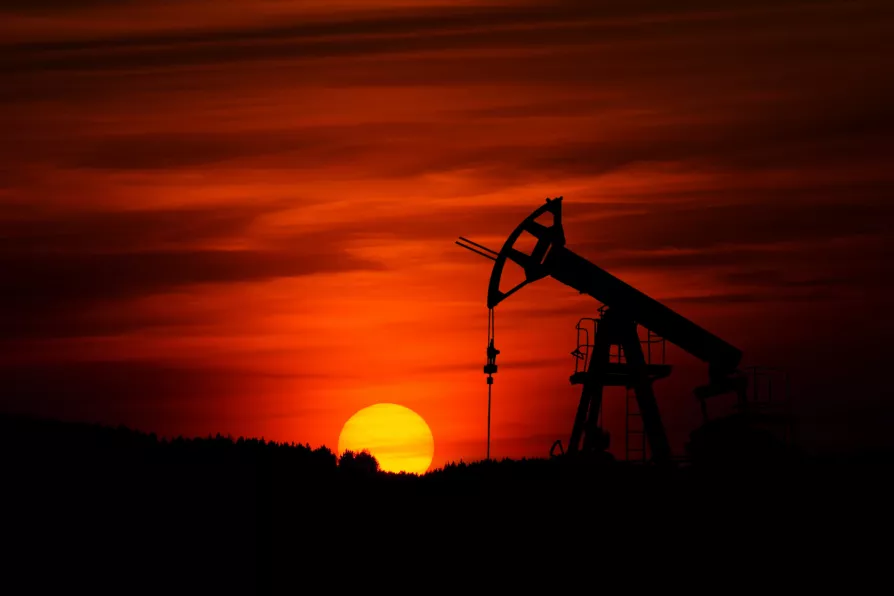
 [Zbynek Burival / Creative Commons]
[Zbynek Burival / Creative Commons]
TODAY British Petroleum declared three monthly profits of £7 billion. Those of Shell were £8bn.
Over the whole year to September these two companies will, between them, have made around £50bn profit. Then fill in the dots.
What is the size of the “black hole” that the Sunak government says it has to fill by cuts that will decimate social services and push those on benefits further into poverty? It is £50bn.
It gets worse. How have these companies made their massive profits? It is by profiting from the escalating price of energy — forcing millions into poverty.
Extracting oil and gas out of the North Sea costs not a penny more today than it did in 2020. Over the winter months government relief schemes will cost the government another £50bn.
And how much tax does Shell pay? Not a penny. It gets tax relief because it is now drilling new wells in the North Sea.
It may be unfair picking on just these two companies. All the energy producers are doing the same — as are the companies that distribute gas and electricity.
The irony is that many of these companies were previously in the public sector. BP had been a state-owned company for 60 years before it was privatised by Thatcher.
So were all the power distributors. In the Norwegian sector of the North Sea production remains largely state owned — and thereby directly able to cushion the impact of energy inflation.
These amazing figures therefore raise the much larger question of economic control. Whatever the deficiencies of public ownership, it gives governments greater economic power.
Theoretically at least it advances the democratic ability of ordinary people to control the forces that govern our lives.
The origins of the current economic crisis go back a long way — long before the invasion of Ukraine and even before the global disruption inflicted by Covid.
It goes back a generation to policy changes in Britain, the United States and the European Union that decisively tilted power to the private sector.
Privatisation and “free competition” were meant to unleash growth. What happened? Slower growth, monopolisation and the rise of investment companies like Black Rock.
These companies use their dominating share-holdings to take the profits off the production companies that previously did invest.
Then, in face of stagnation, the central banks started printing money. They gave it to banks and finance companies to stimulate growth. Instead, it created inflation.
Way back in the 1870s Karl Marx warned of the dangers of monopolisation, “fictitious capital” and inflation. This what we see today.
How will it end? Over the past couple of days the Westminster government and the Treasury select committee have made it pretty clear.
Public-sector wage rises must be limited to 2 per cent over the coming year — real wages cut by up to 8 per cent.
Additionally, the cost of borrowing (and mortgage rates) will be further increased by the Bank of England on Thursday.
Why? The Bank BNP Paribas let the cat of the bag today. Big rate rises, it said, were justified because of the “extremely tight labour market.”
Unemployment is needed to drive down wages. Profits have to match the new inflated levels of capital. As Marx would have put it, the rate of exploitation has to rise.
So, as well as calling for super tax on BP, we need to look at the bigger picture. We need public ownership. Collectively, through struggle, working people have to change the balance of power.














